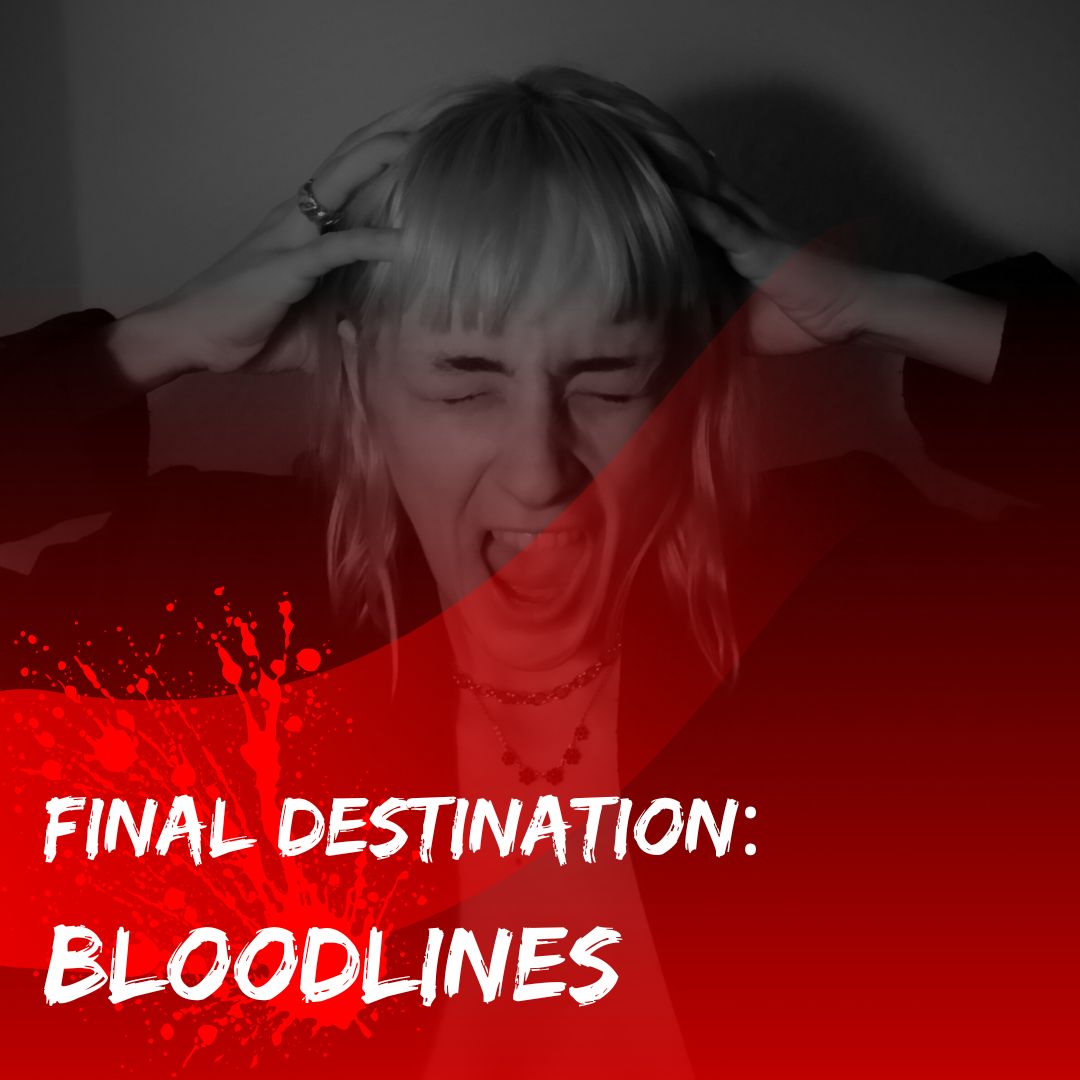Prior to the Parliament-Funkadelic collective establishing itself as a conglomerate of funk through its well over 100 rotating members and countless spin-off projects, mastermind George Clinton laid the roots for the empire out of a barber shop in Plainfield, New Jersey. Originally a five-man doo-wop group labeled under The Parliments, Clinton would see little success aside from their singular 1967 hit track “(I Wanna) Testify”. Clinton hoped to capitalize off of the success by creating a touring band which would round out the ensemble that became Funkadelic. From 1970 to 1971, Funkadelic would seamlessly blend soul and blues with heavy psychedelic funk rock through warped and dense mixing headed by its key component; Eddie Hazel’s masterful Fuzz-drenched, Over-driven lead guitar that would serve as the foundation of the signature early Funkadelic sound.
Hazel would be featured predominantly on the first three Funkadelic albums and would co-write and feature on the sixth Funkadelic album, Standing on the Verge of Getting It On. Following a 1974 assault and drug possession charge, Hazel would only sporadically appear on Parliament-Funkadelic projects, besides his 1977 solo album Game, Dames and Guitar Thangs. While his solo album is a Tour de Force in virtuosic guitar, featuring a powerful rendition of “California Dreaming” by The Mamas and the Papas, his legacy will forever be cemented in his gut-wrenchingly beautiful 1971 epic, “Maggot Brain”.
“Maggot Brain” serves as the title track and opener of Funkadelic’s third studio album. Featuring no lyrics besides an opening monologue by George Clinton, Hazel puts his soul on display by playing a 10-minute improvised solo that was recorded in one take. When asked about its creation, Clinton said in his 2014 memoir Brothas Be, Yo Like George, Ain’t That Funkin’ Kinda Hard On You? “I told him to play like his mother had died, to picture that day, what he would feel, how he would make sense of his life, how he would take a measure of everything that was inside him.”
This sentiment was reflected through Hazel’s playing, invoking a gamut of emotions through its mind-melting exhibition of agony. The track is at times emotionally overwhelming, offering glimpses into our own pains and processes of grief. The utilization of fuzz effects lay a dreamlike haze over Hazel’s playing that is further emphasized by the delay effects added by Clinton which expand the stature of the guitar’s output. Tawl Ross’s rhythm guitar lays the basis of its despairing tone through a pattern of arpeggios that remains consistent throughout the entire track, allowing Hazel’s performance to shine.
In its entirety, “Maggot Brain” plays as a call to life and passion, as it uses emotional expression as a means of value. Its mournful tone juxtaposes the heart and soul placed into its creation through Hazel, demonstrating that the value of life isn’t weighed by its ups and downs, but rather by the magnitude of expression that arises from the farthest ends on the spectrum of human emotion.






